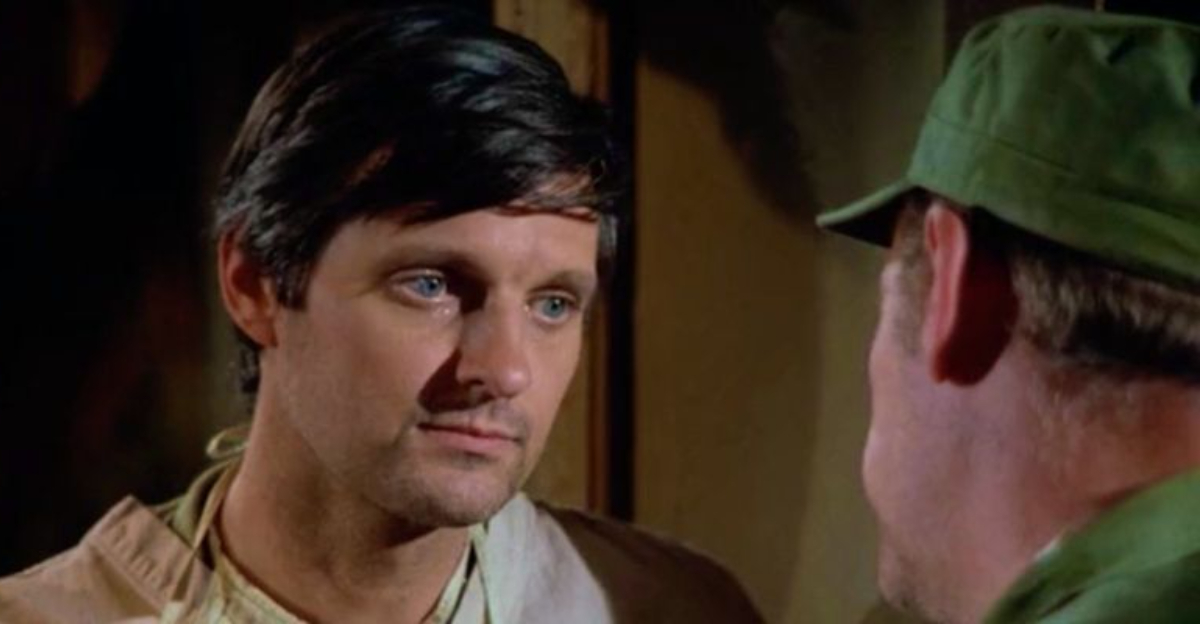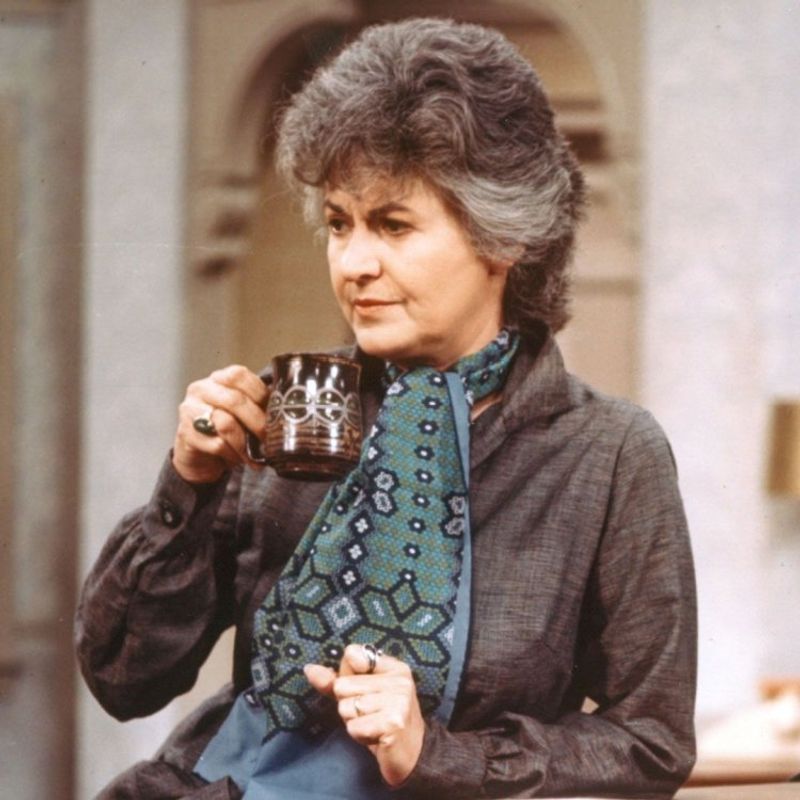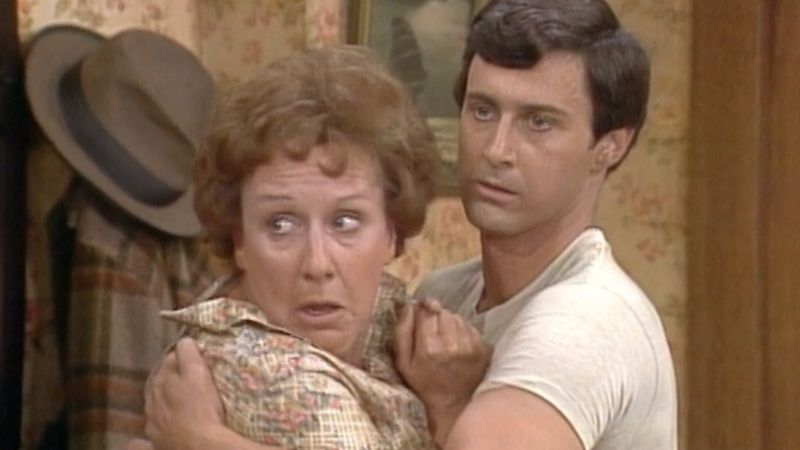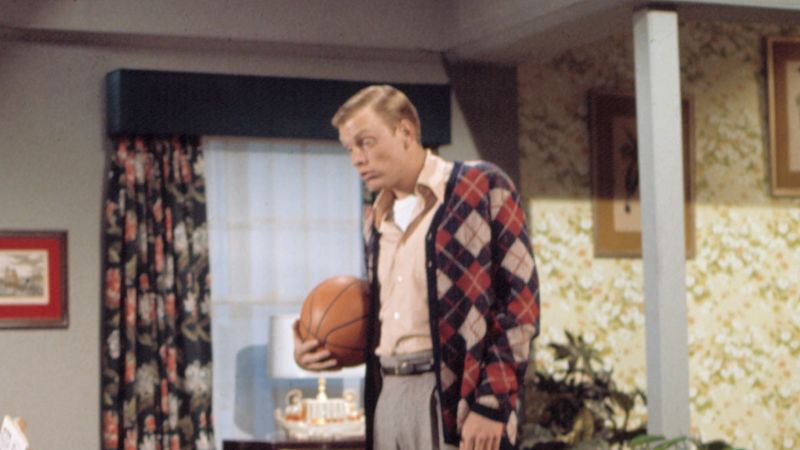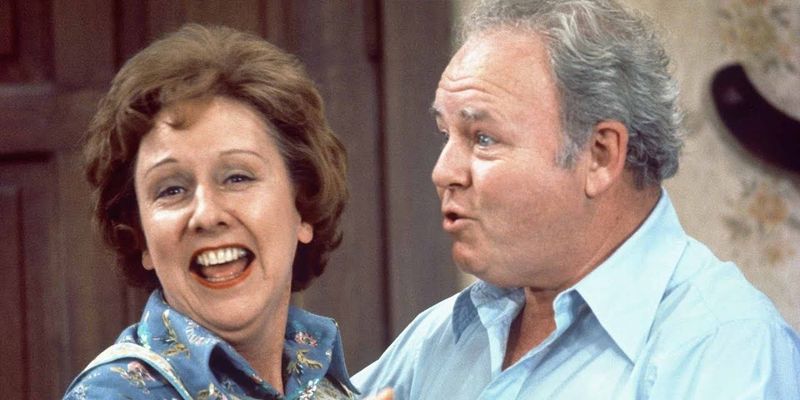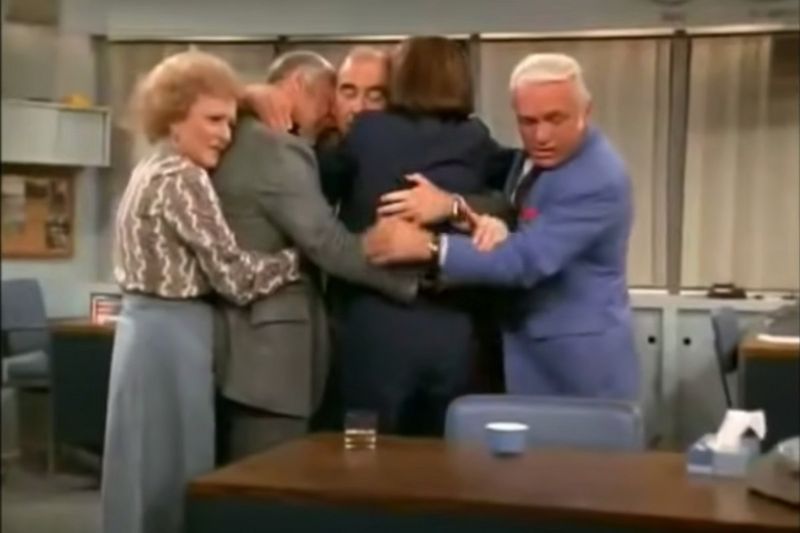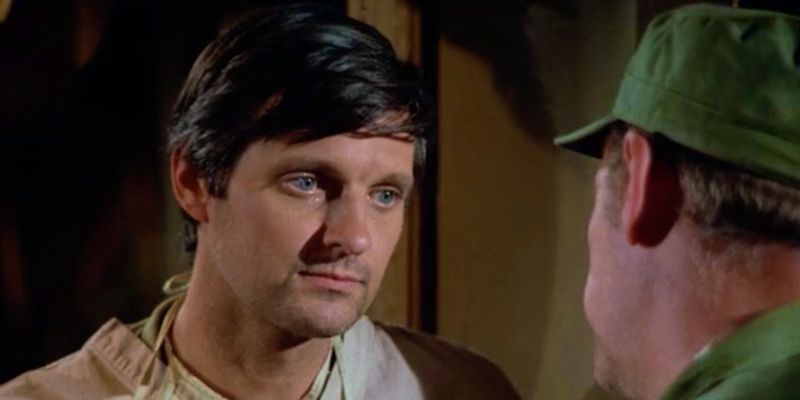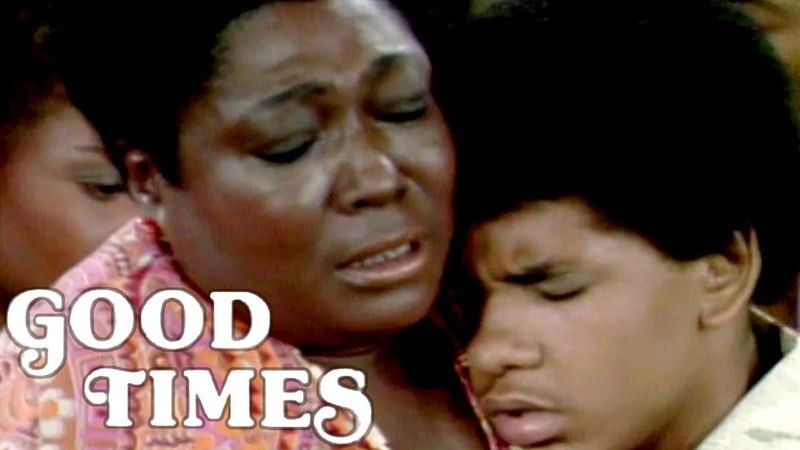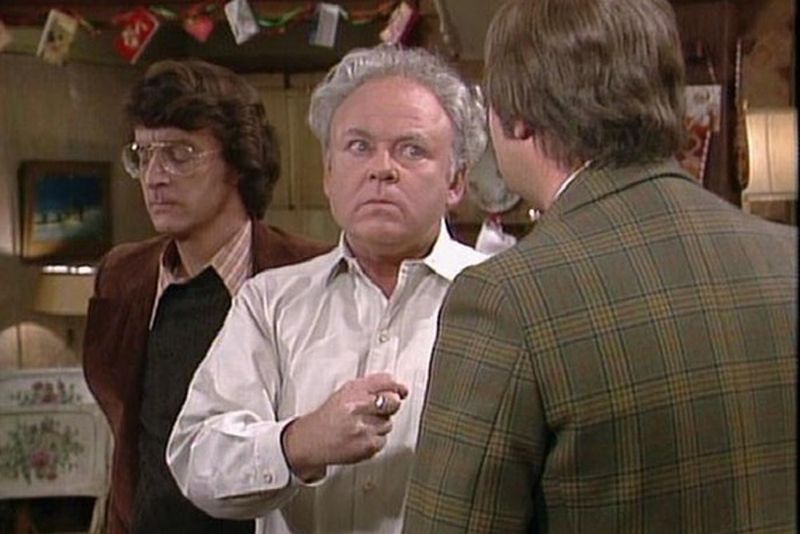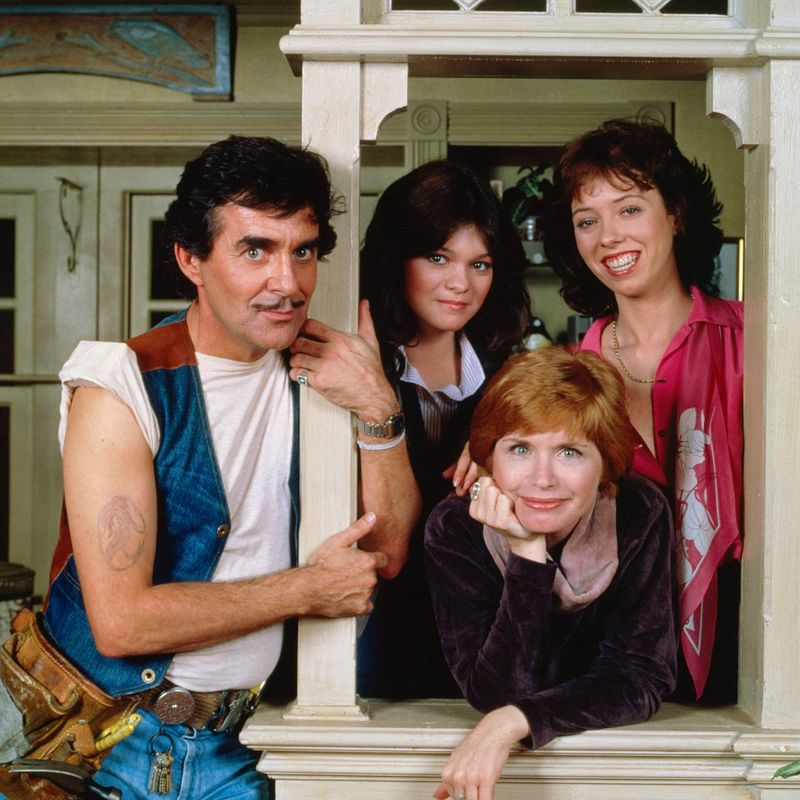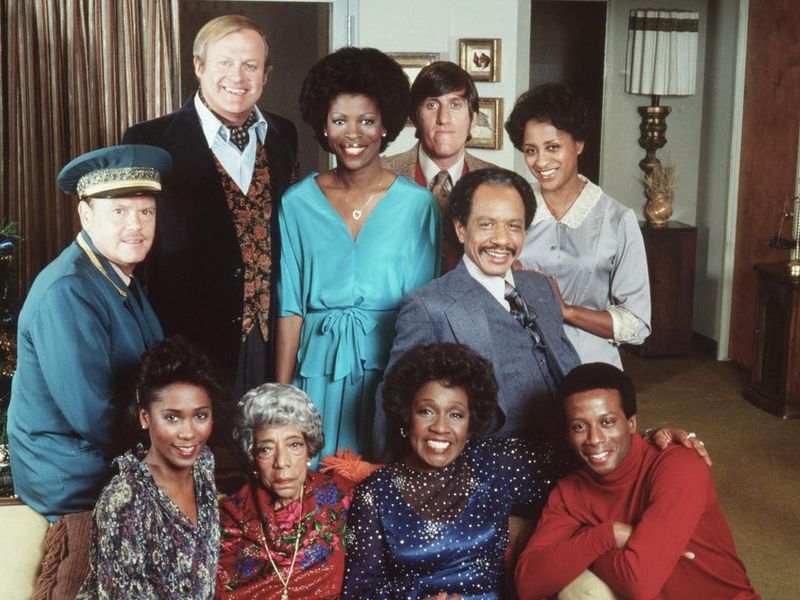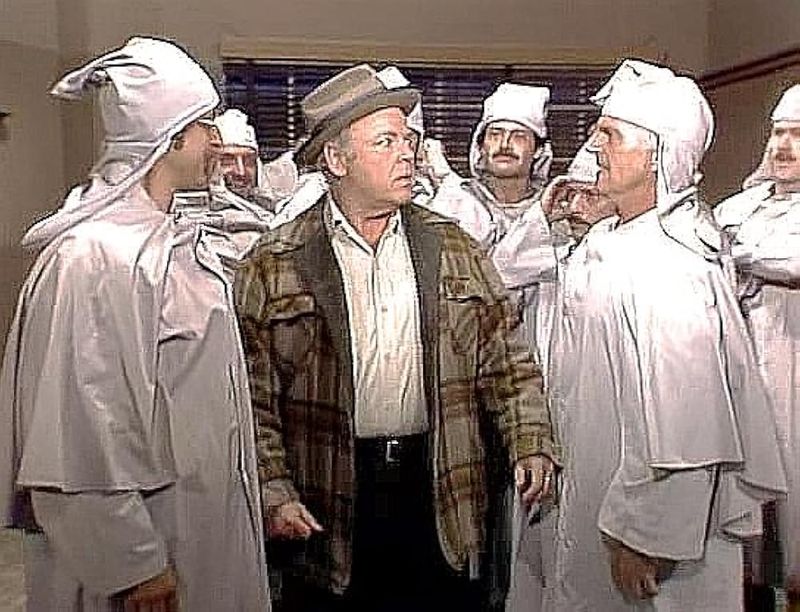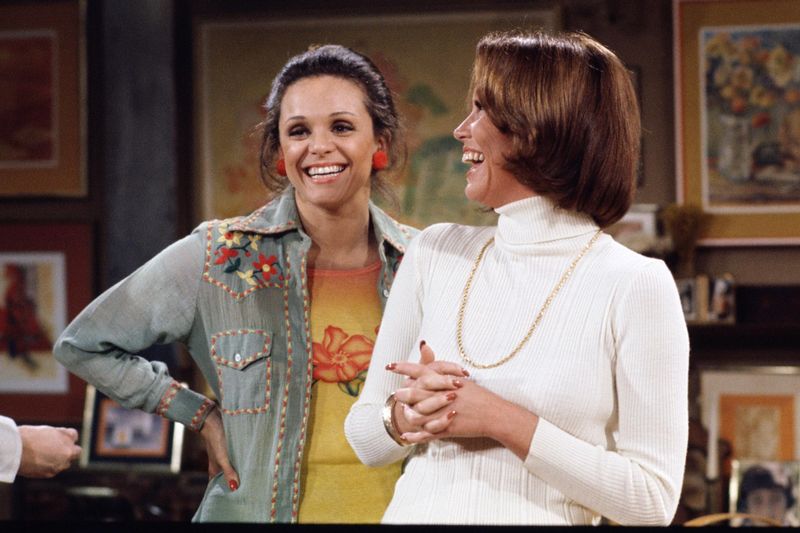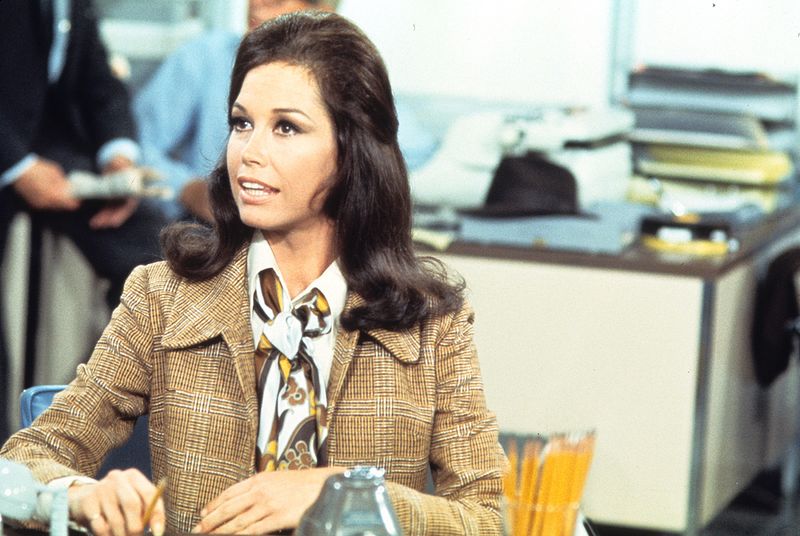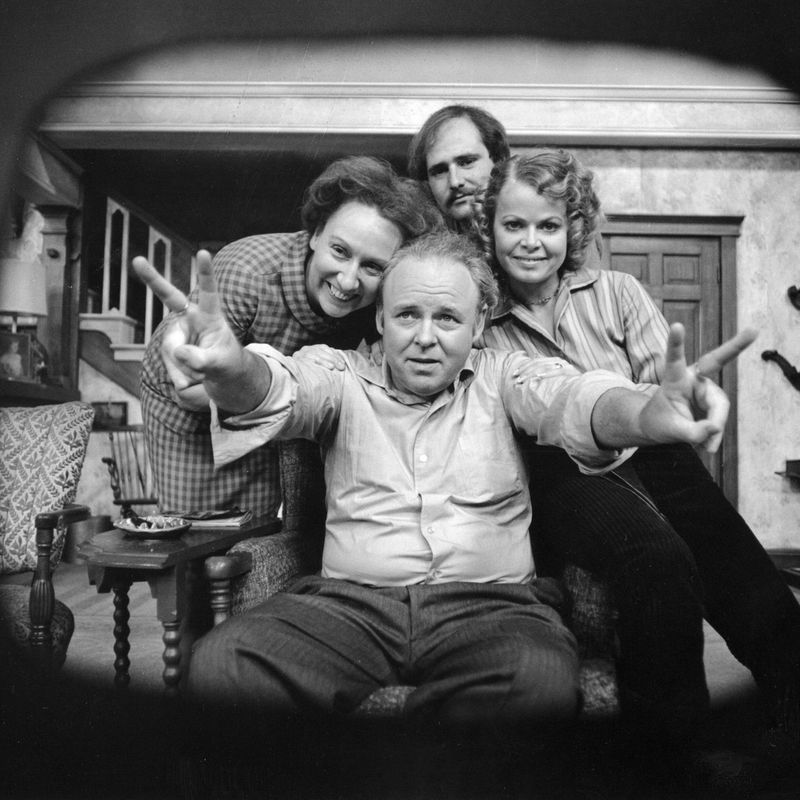The 1970s was a transformative era for television, characterized by groundbreaking sitcoms that tackled bold and controversial subjects.
These shows weren’t afraid to confront societal norms and spark conversations, leaving a lasting impact on viewers and the industry as a whole.
Let’s explore 14 pivotal sitcom moments from this era that challenged conventions and influenced the television landscape.
1. Maude’s abortion episode – Maude
In the early 1970s, Maude Findlay, played by Bea Arthur, addressed a subject rarely spoken about on television: abortion. The two-part episode aired in 1972, a year before Roe v. Wade. Despite its controversial theme, it was praised for its respectful and insightful portrayal of a woman’s choice. Maude’s decision to have an abortion was depicted with gravity and sensitivity, sparking national debate.
This moment marked a significant point in television history, as it challenged societal norms and encouraged open discussions. The impact of this episode is still felt today, demonstrating the power of storytelling in shaping public opinion.
2. Edith’s attempted rape – All in the Family
On All in the Family, Edith Bunker faced a terrifying situation that was groundbreaking for 1970s television: an attempted rape. This unsettling episode aired in 1977, confronting a serious issue with both sensitivity and realism. Edith’s harrowing experience was depicted with raw emotion, challenging the audience to acknowledge and discuss the prevalence of such crimes.
The episode was controversial but praised for shedding light on a critical social issue. It remains a powerful reminder of the show’s commitment to addressing complex topics with honesty and courage.
3. Chuck Cunningham disappearing – Happy Days
In Happy Days, Chuck Cunningham’s vanishing act became one of television’s most infamous unsolved mysteries. Originally Richie and Joanie’s older brother, Chuck was a college basketball player who suddenly disappeared without explanation. His absence was never addressed, leading to the term “Chuck Cunningham Syndrome.”
The show’s decision to erase Chuck from the storyline exemplified a unique narrative choice that left audiences puzzled. This disappearance became a cultural reference point, symbolizing the often arbitrary nature of television storytelling.
4. Homosexuality storyline – All in the Family (“Judging Books by Covers”)
All in the Family broke new ground with its “Judging Books by Covers” episode, addressing homosexuality. When Archie Bunker’s assumptions about a friend are challenged, it opens a dialogue about stereotypes and acceptance. The episode aired in 1971, a time when such topics were rarely seen on television.
This storyline pushed boundaries by humanizing LGBTQ+ characters and encouraging viewers to question their biases. It was a bold and significant step toward more inclusive representation, highlighting the power of sitcoms to influence societal change.
5. The Vietnam vet episode – The Mary Tyler Moore Show
The Mary Tyler Moore Show tackled the Vietnam War’s impact in the “The Shame of the Cities” episode. It explored the struggles of Vietnam veterans through the character of a young vet trying to reintegrate into civilian life. This episode aired in 1973 and addressed themes of alienation and trauma.
Through its nuanced portrayal, it offered viewers insight into the challenges faced by returning soldiers, fostering empathy and understanding. This storyline was groundbreaking in its empathetic approach to a divisive topic, reflecting the era’s shifting perspectives.
6. Hawkeye’s breakdown – MASH*
MASH* delved deep into the psychological toll of war in the episode “Hawkeye,” where the titular character suffers a breakdown. This 1975 episode revealed the mental strain experienced by combat doctors, confronting the harsh realities of war.
With a blend of humor and pathos, the show depicted Hawkeye’s vulnerability, resonating with audiences and sparking discussions around PTSD and mental health. It underscored the importance of addressing these issues with sensitivity and understanding, further cementing MASH*’s legacy as a thoughtful and impactful series.
7. Florida’s death – Good Times
In Good Times, the death of Florida Evans’ husband, James, was a pivotal moment that addressed grief and resilience. Airing in 1977, the show tackled the struggles of a grieving family in a sincere and heartfelt manner.
Florida’s journey through loss and her family’s efforts to cope resonated deeply with viewers, highlighting themes of strength and perseverance. This episode was significant in portraying authentic emotions and the reality of loss in a relatable way.
8. The race-swapping experiment – All in the Family and The Jeffersons crossover
All in the Family and The Jeffersons addressed racial tensions through a daring crossover episode featuring a race-swapping experiment. This bold storyline aired in the mid-1970s, challenging characters and viewers to confront racial biases.
By swapping roles, the shows explored the absurdity of prejudices, using humor to tackle serious societal issues. This creative approach to addressing race highlighted the power of television to provoke thought and inspire change.
9. Birth control debate – One Day at a Time
In One Day at a Time, the topic of birth control was addressed head-on in a 1975 episode. The storyline featured a candid discussion between a single mother and her teenage daughter about responsible family planning and sexual health.
This episode was groundbreaking for its open approach to a taboo subject, encouraging conversations about women’s rights and sexual education. It played a crucial role in normalizing discussions about birth control, reflecting the era’s evolving attitudes toward women’s autonomy.
10. Interracial kiss – The Jeffersons
The Jeffersons made history with one of television’s first interracial kisses, aired in 1975. This powerful moment challenged societal norms and defied racial prejudices, sparking both controversy and praise.
By showcasing love transcending race, the episode encouraged viewers to reconsider their own biases, contributing to ongoing conversations about equality and acceptance. This kiss remains a landmark moment in television history, symbolizing progress and hope.
11. Archie’s KKK-like group – All in the Family
All in the Family took a daring approach by introducing Archie Bunker to a KKK-like group. This 1977 episode confronted the pervasive issue of racism head-on, using Archie’s character to explore themes of ignorance and intolerance.
The storyline was both controversial and thought-provoking, challenging viewers to reflect on their own beliefs and attitudes. It was a bold move that underscored the show’s commitment to addressing societal problems with humor and insight.
12. Teenage sexuality – Rhoda
Rhoda delved into the topic of teenage sexuality with sensitivity and care. In a 1974 episode, the show portrayed a young girl’s exploration of her own identity and desires, emphasizing the importance of understanding and communication.
By addressing a subject often considered taboo, Rhoda encouraged open discussions about sexual health and education, reflecting the changing attitudes of the time. The episode was praised for its honest and relatable approach to a complex issue.
13. Divorced woman as lead – The Mary Tyler Moore Show
The Mary Tyler Moore Show broke new ground by featuring a divorced woman as its lead character, Mary Richards. This was a bold choice in 1970, challenging societal expectations and norms.
Mary’s independence and career focus resonated with audiences, reflecting the era’s evolving attitudes toward women’s roles in society. The show highlighted the challenges and triumphs of navigating life as a single woman, influencing future portrayals of women on television.
14. Political satire of Nixon – All in the Family
All in the Family didn’t shy away from political satire, notably targeting President Nixon. Through sharp humor and clever writing, the show critiqued the political climate of the 1970s.
By incorporating real-life events and figures into its storylines, the show engaged viewers in a dialogue about politics and governance. This approach to satire was both entertaining and enlightening, contributing to the show’s legacy as a bold and influential series.
